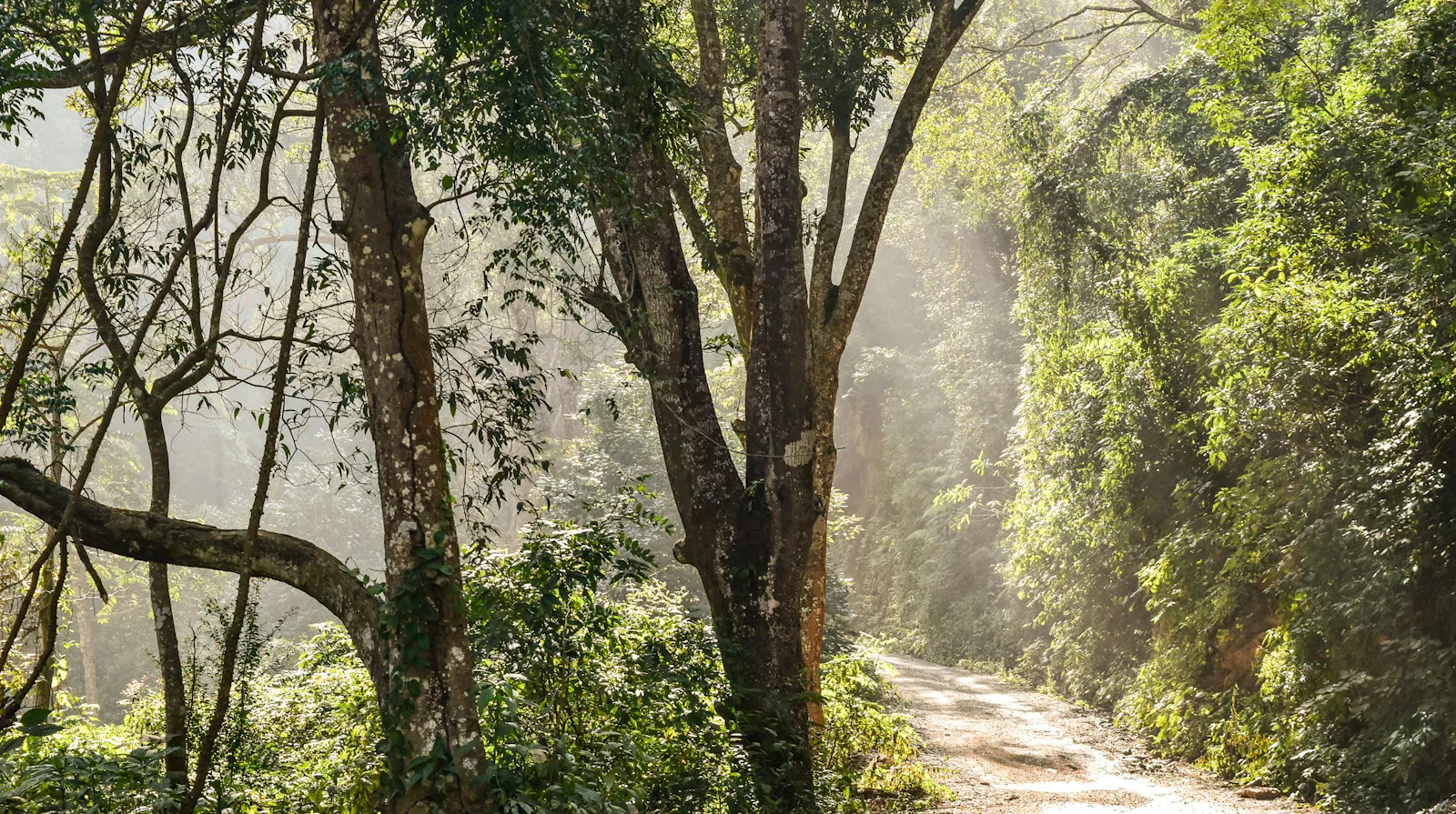Celebrating Nature




A figure synonymous with peace and growth globally, Kofi Atta Annan is considered one of the greatest leaders of all time. He consistently talked about possibilities which would be a win-win for all stakeholders including nations, businesses, cultures, and most importantly, nature in anything we did. A philosophy that has reached maturity and is being pushed in all capacities right now.
We’ve discussed (Abre numa nova janela) the desperate need for a global conversation involving people closely related to nature. A need that is necessary to build stronger futures for everyone. A necessity that will ensure better decisions from governments, businesses, and industries.
So, how can a global community of people close to nature aid the efforts of humans, the environment, and its species to live in harmony and most importantly, grow?
Have a look at the Amazon rain forest fires that ravaged Brazil in 2019. The fires burned so intensely that it destroyed the homes of indigenous tribes and threatened millions of animal species. An estimated 906 thousand hectares of forest within the Amazon rain forest has been lost to the fires.
When this news broke out, there was an out pour of global support in the form of donations and petitions from well-meaning individuals. The seriousness of the situations was felt by people far and wide. Due attention was given to root causes of the fires. Activists used the opportunity to encourage people to eat less meat, as studies show that the meat industry is one of the major contributors to global greenhouse emissions and climate change which contributed as fuel to the Amazon fires. Other environmentalists put the onus on international governments and businesses whose policies allegedly led to economic interest groups benefiting from the fires and neglecting the damage done.
The support, interest, crowdfunding, and media attention unfortunately remains a stop-gap solution to deep, systemic issues such as these. It’s not that social media outrage and outpour of support should be dismissed or demoted. These efforts are important and provide an avenue for change by putting pressure on policy-makers vis-a-vis the environment and ultimately, to all our interests.
But this is not enough!
The real need is to have a system that prevents these happenings all together rather than proposing a solution to a problem once it occurs.
A Fractured Approach to ‘How Can I Help?’
If you were to ask ten people whether they cared about nature, nine out of them would probably say ‘yes’. More people around us are cognizant about various environmental issues than ever before. Everyone passionately yearns for a cleaner, and environment-friendly culture. But, is there a definite path to follow which can yield long term change? Are we lacking a structured approach in terms of action? Is there ‘high awareness and low priority on action’ when we talk about ‘doing our bit’?
While we ponder on these questions, there’s one clear and simple path which we can’t ignore. We should be pushing for a global grassroots movement. We could begin charting steps for repairing the damage caused to the ecosphere. We could help in discovering localized solutions to global issues. We could lean on influencer networks to jump on the bandwagon. Most importantly, we can rely on the cultural and social values of communities to attain goals.
We want to make discussions around issues and citizen support long-term and sustained. We need to move beyond caring about the environment and take concrete steps to bring value to our perception and understanding of ‘caring’.We need to become a unifying global voice. Why? Because to counter the loss of biodiversity, land of indigenous populations, and prevent further climate crises and many more similar and glaring needs, it’s necessary to talk about such issues extensively and dedicatedly in the public sphere.
Besides donating to causes and speaking up — it’s also important to support small businesses that are taking steps to save the environment and educate people to do the same. It’s about putting our money where there could be a long-term change.
Representation Matters!
Moving beyond citizen efforts and talking about nature professionals is extremely important. Experts, journalists, photographers, conservationists, activists, NGOs, safari operators, wildlife interpreters face glaring challenges on a daily basis. There are ample job prospects and viable solutions created in tech and other booming sectors. But there is a vacuum when it comes to mainstream opportunities and connections for nature professionals.
Of course, there are funds, NGOs, and charitable trusts helping further the cause of saving and nurturing the environment. But, this is not enough for a community of people who have dedicated their lives to nature. We require a systematic creation of global markets that encourage fields closely linked to this sector. Only when there are opportunities for such disciplines, will there be adequate representation today and in the future.
Learning About Nature Cannot Be An Afterthought!
“Ecology and Earth systems, from which all life flows, should be at the heart of learning.” — George Monbiot
In an article named ‘University of Life (Abre numa nova janela)’, George Monbiot captures the need and requirement for knowledge about nature perfectly. He says it’d be unimaginable for anyone who’s graduated to not know about William Shakespeare. It’d be outright embarrassing, but it is considered alright if a well-educated person cannot provide even a rough explanation of the greenhouse effect, the carbon cycle or the water cycle, or of how soils form.
To put it in strict terms, it should be sacrilegious to not learn about the environment, let alone cause harm to it. Learning about nature should be a basic requirement, and must be a part of every curriculum that is widely available to every person at every stage in life.
Let’s Bring a Sense of Togetherness
Nature professionals and enthusiasts from across the globe require a platform with opportunities for holistic learning, better job prospects, showcasing their skills, and connecting with their counterparts from across the globe. But it shouldn’t be limited to them, it should be open for all.
A space to collaborate, establish interdependence, and grow together!
Coming together as conscious citizens, experts, and professionals, we can take innumerable steps. We can start campaigns and build standards for the functioning of institutions. We can pool in resources to generate actionable plans and provide solutions. We can take it a step further by working hand-in-hand with governments and local authorities to bring about change. The possibilities are endless!
A community will create a safe space for:Constructive discussions to take place with experts leading the charge;Citizen efforts to be sustainable and long-term with special emphasis on grassroots movements;Nature professionals to have much-needed recognition and limelight;Learning about nature and it’s essential systems;Amplifying every voice of nature at a global sca